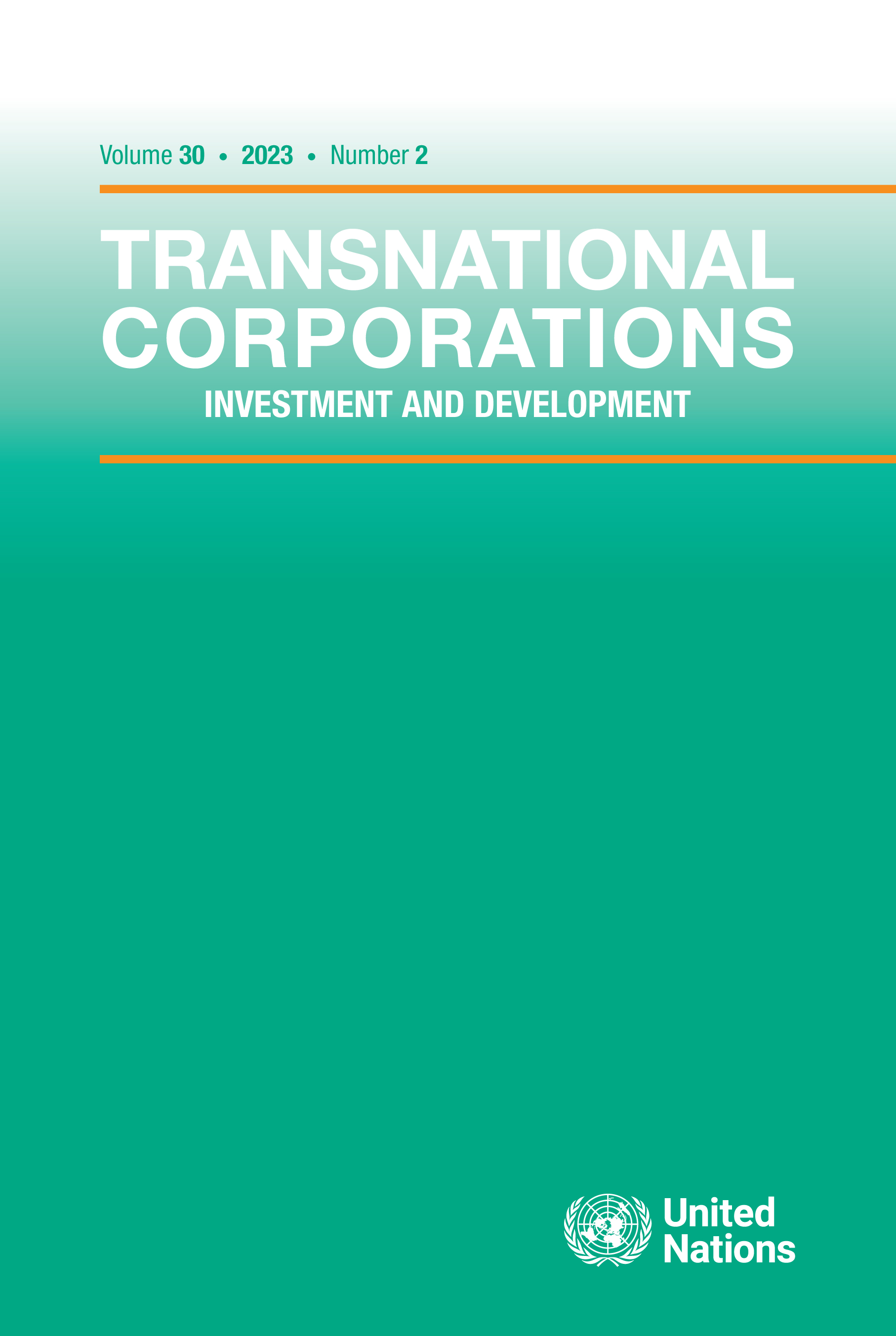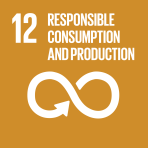-
UNCTAD Insights: Internationalization of small and medium-sized enterprises (SMEs): A new assessment
- Source: Transnational Corporations, Volume 30, Issue 2, Aug 2023, p. 171 - 190
-
- 31 Aug 2023
Abstract
The contributions of small and medium-sized enterprises (SMEs) to domestic economies are sizeable. The most productive and dynamic ones venture abroad and internationalize by exporting or by investing overseas. For smaller firms, foreign direct investment (FDI) implies the commitment of a high level of resources, potentially increasing the risk of failure. This study empirically assesses the question of whether outward investment is a valuable growth strategy or whether engaging in FDI might hurt performance. The results show that while displaying higher revenue growth rates than their larger counterparts, SMEs experience a bigger shock after their foreign investment: the sales growth of SMEs decreases by about 6 per cent during the first three years after a cross-border greenfield project; it starts recovering only after the fourth year. Larger MNEs show no significant change in growth rate after an investment. The decrease in revenues in SMEs occurs mostly in manufacturing enterprises, and less so in services companies. This is primarily because for services companies a foreign affiliate, which almost by definition is market-seeking, tends to make an immediate contribution to sales and sales growth, whereas many manufacturing affiliates require a start-up period and may engage in activities that contribute less to sales growth, such as supply chain activities.





